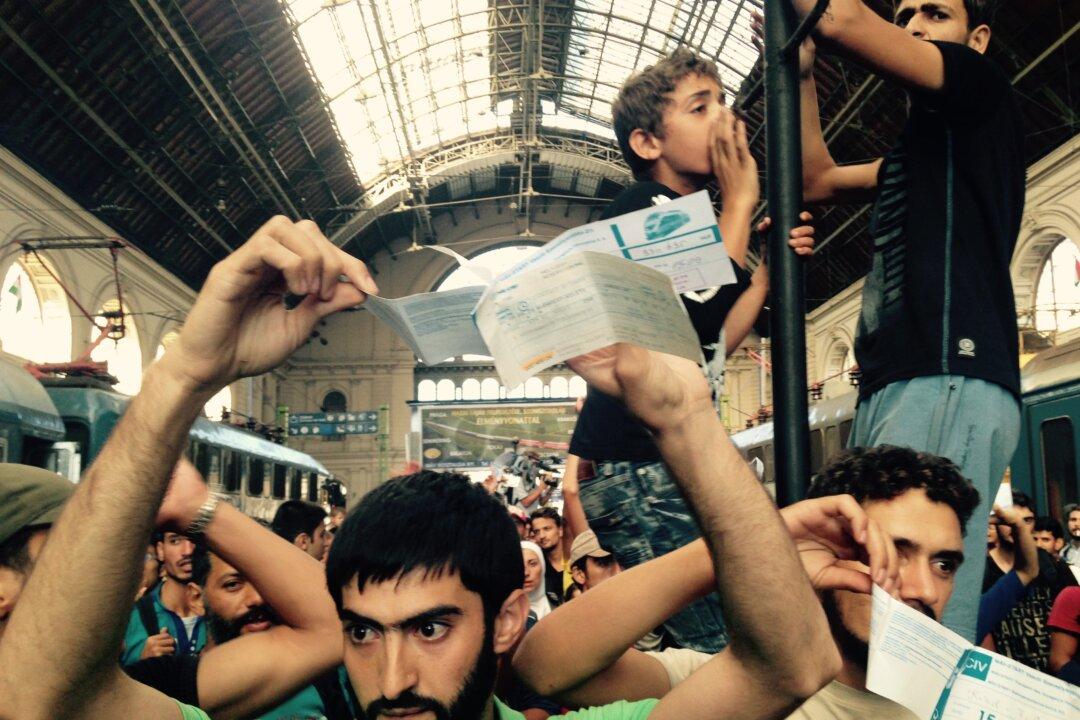BUDAPEST, Hungary—Hungary stunned migrants and European partners Tuesday by blocking asylum-seekers from its westbound trains, a move that raised new challenges for the EU’s passport-free travel zone and could drive many into the reckless hands of cross-border smugglers.
Hungary’s right-wing nationalist government defended its U-turn — just days after it started permitting migrants on the trains without any coherent immigration controls at all — as necessary to send a get-tough signal. Cabinet ministers told lawmakers that the nation, struggling to cope with more than 150,000 arrivals this year, was determined to seal its borders to unwelcome travelers from the Middle East, Asia and Africa.
Human rights activists criticized the action as futile and reckless, given that eastern European gangs have mobilized fleets of vehicles for illegally transporting migrants to Austria, Germany and elsewhere — but at steep prices and in often dangerous conditions. They warned that blocking public transportation would increase risks of a repeat of last week’s tragedy when the bodies of 71 people, apparently suffocated, were found in the back of an abandoned truck near Vienna, Austria.
“There is no logic behind what Hungary is doing: Yesterday they let migrants use the trains, and today they do not,” Gabor Gyulai, refugee program coordinator for a Budapest-based rights group called the Hungarian Helsinki Committee, told The Associated Press. “By not allowing them to move onward into Europe in a regular manner by buying a ticket, it’s a certainty that this new policy will push them into the hands of smugglers. It is a terrible outcome.”





